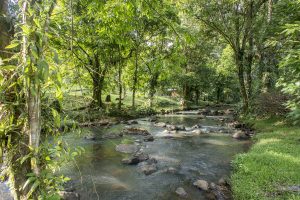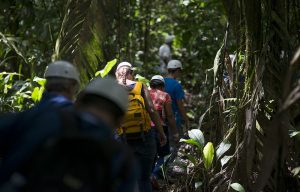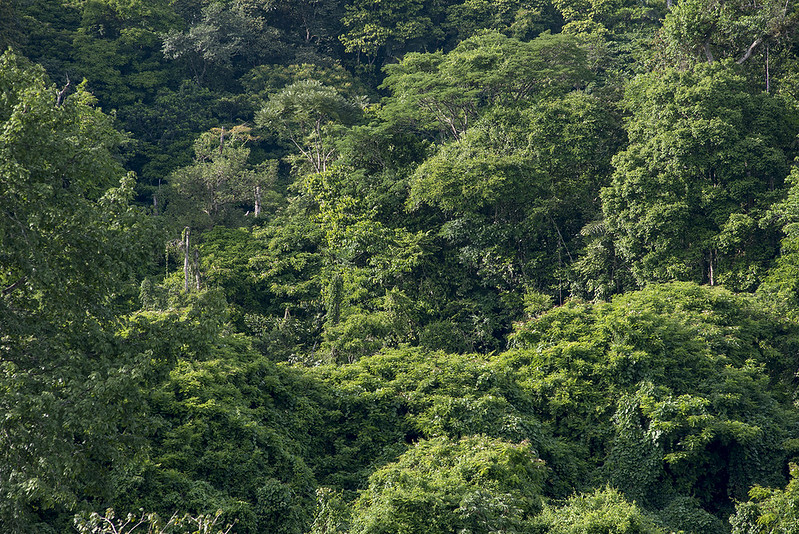Guatemala is part of the FCPF committee
The Asociation of Forestry Communities of Peten (ACOFOP), as part of the Mesoamerican Alliance of Peoples and Forests announced that Guatemala was selected to be part of the Committee of Participants of the Cooperative Fund for Carbon in Forests (FCPF).
The FCPF assists developing countries in their efforts to reduce emissions from deforestation and forest degradation. Likewise, it helps to conserve, sustainably manage and increase the carbon inventory of forests (a set of activities known as “REDD +”). The fundamental idea is to give more value to standing forests. In short, the fund, in which donors such as Germany, Canada and the United States participate, to name a few, support countries in two processes: getting ready to have the capacity to sell carbon bonds (which took Guatemala around four years), and be ready to sign a contract for the sale of said bonds.
The FCPF committee is the one who makes the decisions about which countries are ready for one or the other process, and now Guatemala is part of that committee. “This election positions Guatemala with a participatory leadership in a high-level committee, where decisions are made in conjunction with the World Bank and terms and agreements are defined that will be discussed with the participating countries of the FCPF,” published the Alliance on its social networks.

The region’s forests store a significant amount of carbon, and that can be part of climate change mitigation strategies. Photo: FCPF
FCPF initial activities combine technical assistance and capacity building for REDD (or REDD +) in World Bank member countries in the tropics in Africa, East Asia and the Pacific, Latin America and the Caribbean, and South Asia. Specifically, the FCPF helps countries to develop their baseline scenarios, based on analysis of land use change and emissions caused by deforestation and forest degradation, to adopt and complement national strategies to stop deforestation and forest degradation and design a national measurement, reporting and verification (MRV) system for REDD. These activities are known as “REDD Readiness” and are supported by the FCPF Readiness Fund.
Central America and the FCPF

The countries of the region have received technical visits from the FCPF to enlist and have the ability to sell carbon credits to the World Bank. Photo: FCPF
The international media outlet, Sputnik, published that “Nicaragua signed an agreement to reduce greenhouse gas emissions with the FCPF and aims to become a forestry power, according to the Nicaraguan Minister of Policies. Public, Paul Oquist ”.
This agreement contemplates the reduction of 11 million tons of carbon dioxide (CO2) to implement it in the Nicaraguan Caribbean Coast (east) and in two large biological reserves.
Costa Rica, for its part, has been working with donations from the FCPF since 2012, and, like Guatemala, is ready to sign the Emissions Reduction Purchase Agreement (ERPA), with the World Bank in November 2020.
